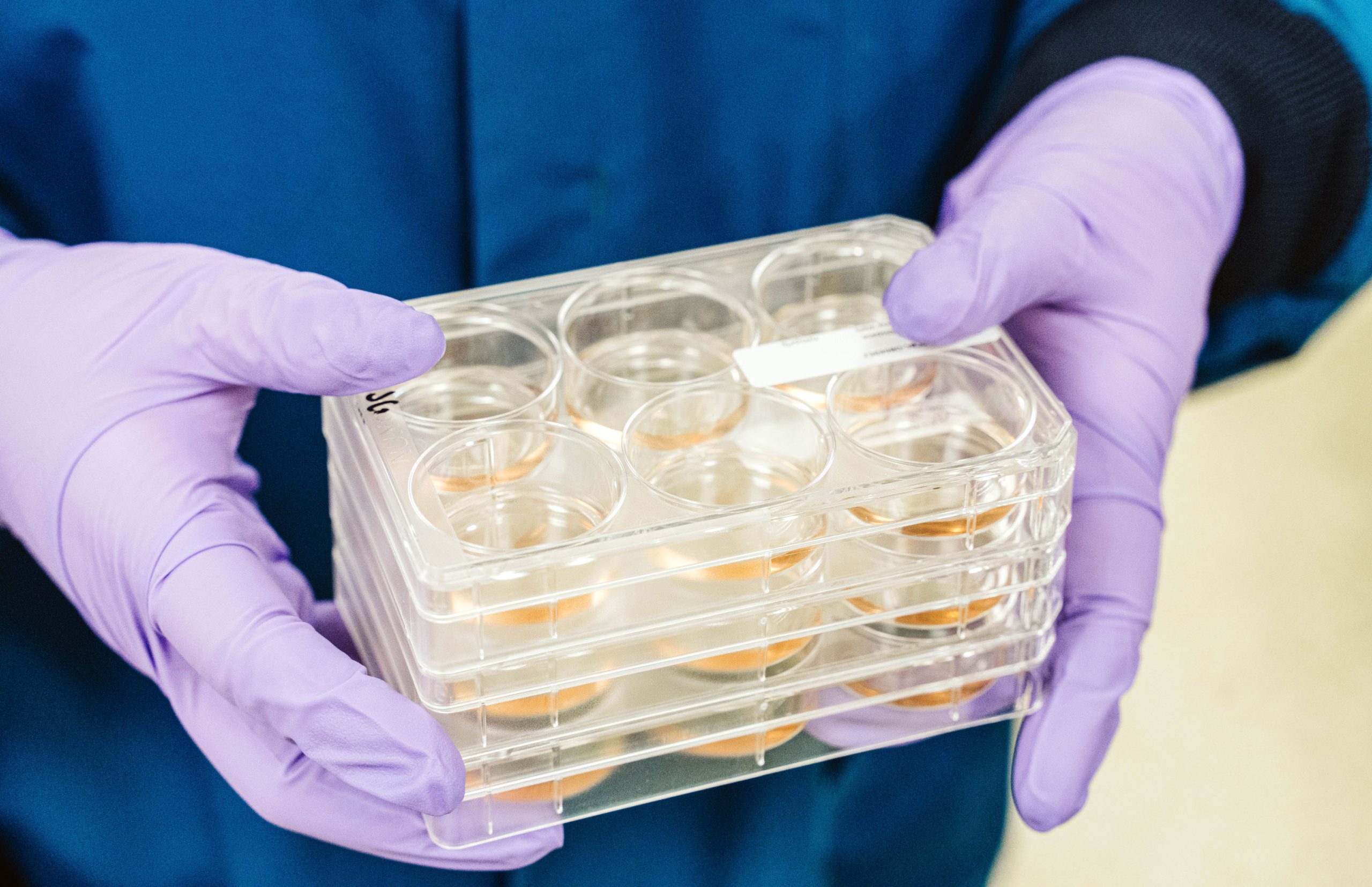NHLBI Next Gen - Pulmonary Artery Hypertension (Dr. Marlene Rabinovitch, Stanford University)
View the recent publication: iPSC Model of Pulmonary Arterial Hypertension Reveals Novel Gene Expression and Patient Specificity
About Rabinovitch Lab’s Next Gen Cell Lines
This collection, from Dr. Marlene Rabinovitch (Stanford University), will provide important information about pulmonary hypertension (PAH) pathobiology and the use of iPSC as tools for genetic screening, drug testing, and cell therapy.
This collection contains 70 cell lines. Individuals giving rise to iPSC lines were from the Cardiovascular Medical Research and Education Fund (CMREF)-Pulmonary Hypertension Breakthrough Initiative (PHBI) a consortium of 10 transplant centers across the US. Disease states for the donors include IPH, PAH, and APH. There are individuals with no reported diagnoses as well. Age of donors range from 1-60 and ethnicities include Caucasian, African American, and Latino.
NHLBI Next Generation Genetic Association Studies (Next Gen)
These cell lines were created as Next Generation Genetic Association Studies (Next Gen) Program, which was a five-year, $80 million program to investigate functional genetic variation in humans by assessing cellular profiles that are surrogates for disease phenotypes. To achieve this, researchers from multiple institutions across the U.S. were awarded grants to derive iPS cell lines from more than 1,500 individuals representing various conditions as well as healthy controls for use in functional genomic (‘disease in a dish’) research. This extensive panel includes a diverse set of age, gender and ethnic backgrounds, and therefore will be an invaluable tool for evaluations across demographics. Further enhancing the utility of these cell lines are data sets such as phenotyping, GWAS, genome sequencing, gene expression and -omics analyses (e.g., lipidomic, proteomic, methylomic) that will be made available with the cell lines.
Showing 1–16 of 70 results
Cell Line | Cell Line Alias | Cell Type | Disease | Genetic Alteration/Mutation | Sex | Age at Collection | Ethnicity | Genetically Related Cell Lines | dbGaP Data |
|---|---|---|---|---|---|---|---|---|---|
IPSVNOC1 | Human iPS | None reported | Male | 47 Years | Caucasian | No | No | ||
IPSVNOC1 | Human iPS | None reported | Male | 49 Years | Caucasian | No | No | ||
IPSVNOC2 | Human iPS | None reported | Male | 49 Years | Caucasian | No | No | ||
IPSVNOC1 | Human iPS | None reported | Male | 44 Years | Caucasian | No | No | ||
IPSVNOC2 | Human iPS | None reported | Male | 44 Years | Caucasian | No | No | ||
IPSVNOC1 | Human iPS | None reported | Female | 49 Years | African American | No | No | ||
IPSVNOC2 | Human iPS | None reported | Female | 49 Years | African American | No | No | ||
IPSVNOC1 | Human iPS | None reported | Female | 46 Years | Caucasian | No | No | ||
IPSVNOC2 | Human iPS | None reported | Female | 46 Years | Caucasian | No | No | ||
IPSVNOC2 | Human iPS | Idiopathic Pulmonary Arterial Hypertension | Male | 25 Years | Caucasian|Latino | No | No |
